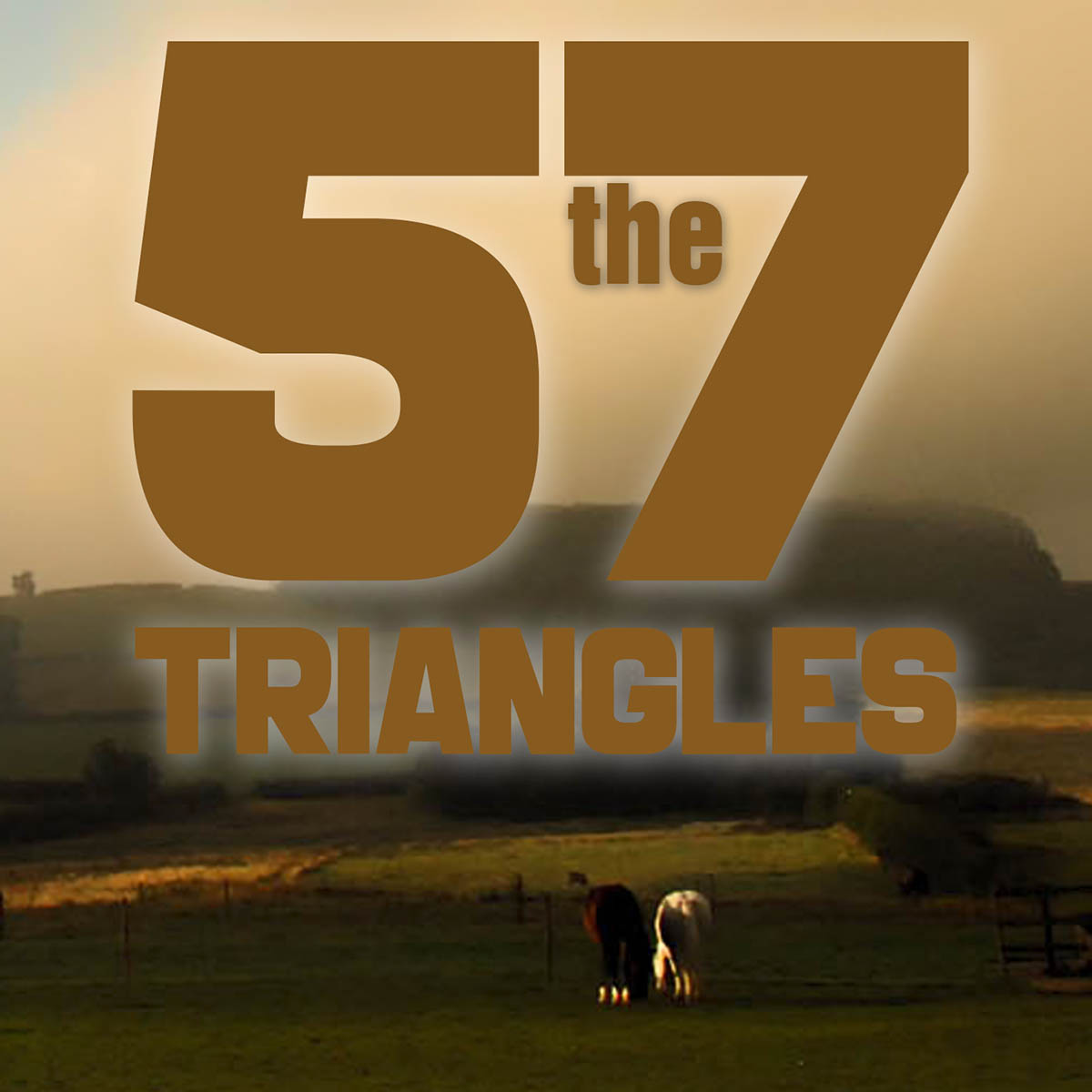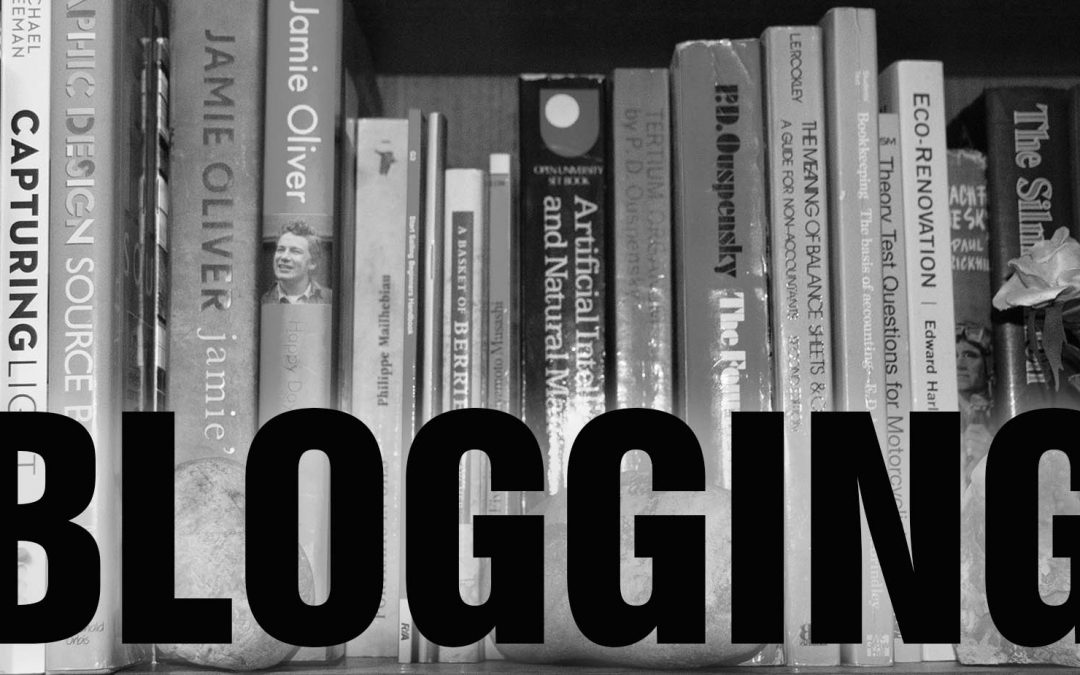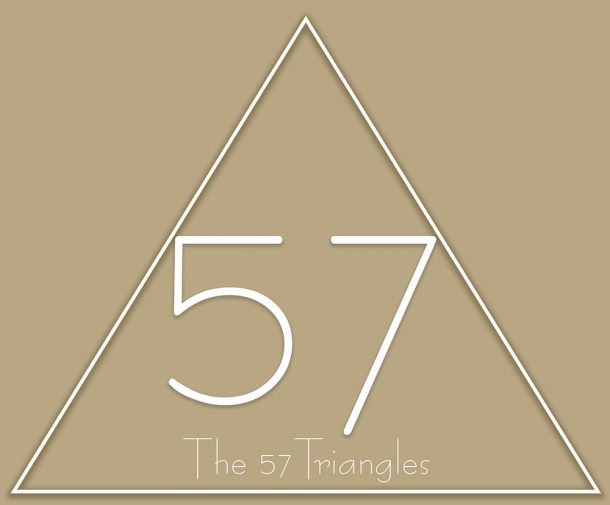What is a blog?
This site is a blog. But, what is a blog?
Well for a start it is a short name for a Weblog. In other words a log (diary) of events written by the owner of the blog. If Samuel Pepys (https://www.pepysdiary.com/) was alive today he would probably have created a blog.
“Blogging refers to writing, photography, and other media that’s self-published online. Blogging started as an opportunity for individuals to write diary-style entries, but it has since been incorporated into websites for many businesses.”
Anyone interested in journalism should consider having a blog (practice makes perfect). Convert your hobby or passion into a blog and let other people share your knowledge and ideas. A blog is certainly a good idea for young people to hone their learning skills, spelling and grammar. Of course there is absolutely nothing wrong with the old school way of writing in a book, a diary.
Generally speaking (although there are exceptions), blogs tend to have a few things in common:
- It has a content area or areas with articles listed chronologically, newest on top. Often, the articles are organized into categories. An archive of older articles.
- A way for people to leave comments about the articles.
- A list of links to other related sites, sometimes
How do I start a blog?
You need a website, and you will need to register(buy) a domain name unless you use the WordPress hosting platform for example. This option gives you a web address something like (sitename.wordpress.com). Many millions, use WordPress https://wordpress.com/ the world-leading blog creation tool, but there are now many companies offering to help you build your blog easily. However please be careful sometimes charges are hidden! Of course, I will always help you or give you some advice at a more detailed level than this piece.
The idea of a blog and website lines are blurring and each is becoming like the other in some respects. In this modern digital world, blogs are getting even easier to create with help from spelling checkers and grammar correctors, Grammarly for example. Phones can now take very good images and they can be edited on the phone to upload. The whole process has become very simple and sophisticated. The overall look and designs are controlled by Themes that allow you to control the colours, fonts and layout. Themes vary in what they allow you to do basic ones might be free others you will pay for, sometimes quite a lot. There is no need to learn coding, but of course, you can if that interests you. In some circumstances, it is vital that you can code if you wish to achieve a particular outcome. Although you can probably find the code required on the internet (for free).
If you want to learn about website building at the same time you can do it yourself using one of the hosting companies. I, for example, use Fasthosts a UK based company. It is not always apparent where a company is based and where the servers are based, although to some extent that does not matter. However a local company may give you better customer service and support. Once set up the builders are easy to use and you can be blogging very quickly.
The pros of your blog
Good for SEO, Maintains communication with people/customers, Builds rapport with people/customers, Generate alternate income
The Cons of your blog
Time-consuming, Constantly requires fresh ideas, Payoff is delayed, Blogging in and of itself won’t generate income
Go here for Wikipedia’s explanation of a blog – https://en.wikipedia.org/wiki/Blog
A few examples of local blogs.
Nicole Navigates https://www.nicolenavigates.com/
Northants Life https://www.northantslife.co.uk/
northamptonshire mums and kids https://www.northamptonshiremumsandkids.co.uk/



Recent Comments